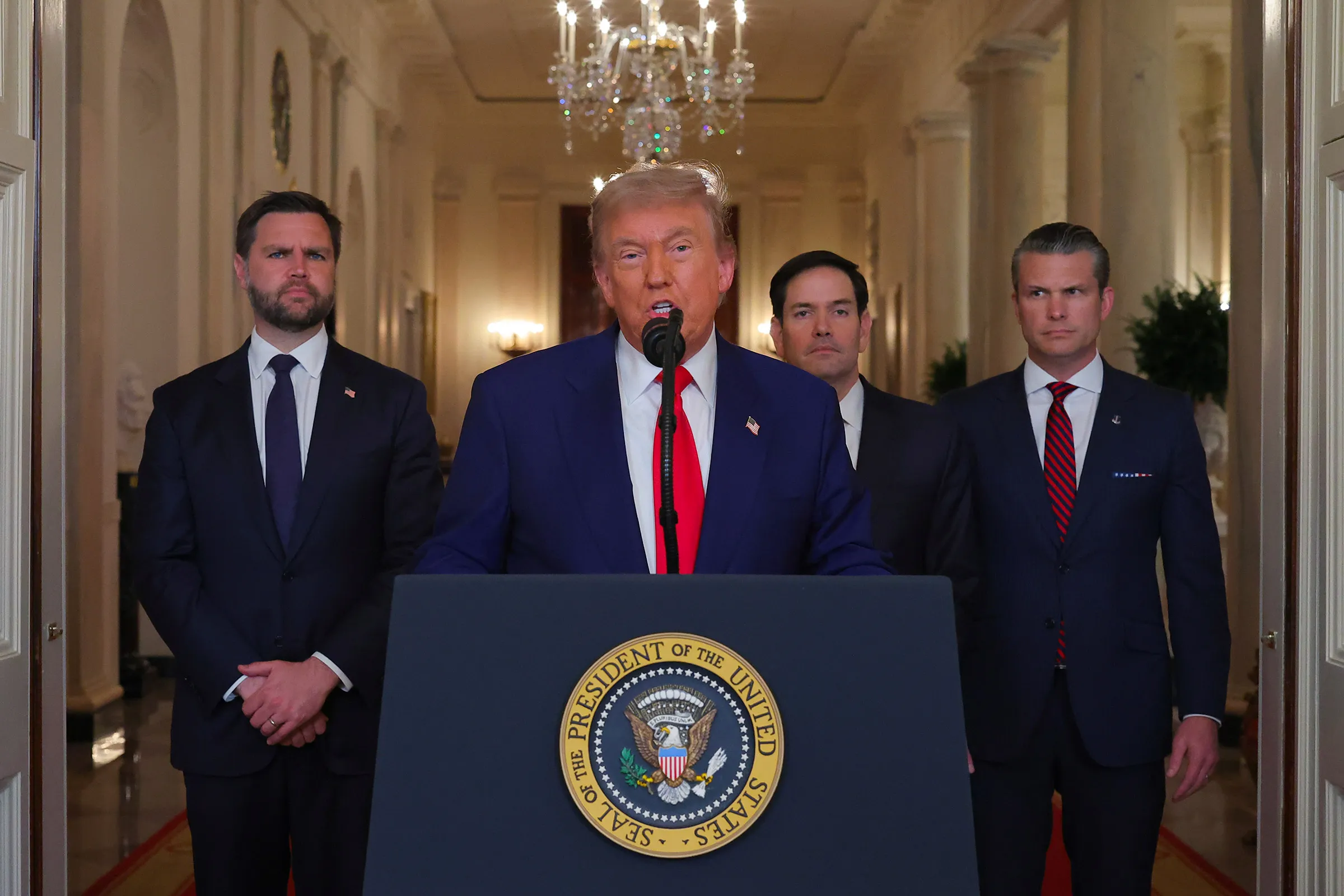By Bizwatch Nigeria Limited Toyin Akande
U.S. President Donald Trump has threatened to impose an additional 10% tariff on countries that support BRICS policies perceived as anti-American, escalating trade tensions as part of his broader push to protect U.S. industries and address trade imbalances.
The proposed measure would add a baseline 10% tariff on all U.S. imports, alongside a 60% tariff specifically targeting goods from China, in a move aimed at promoting domestic manufacturing and reducing reliance on foreign products.
Critics warn that the tariffs could lead to higher prices for American consumers and businesses, disrupt global supply chains, and risk sparking retaliatory trade wars. However, Trump argues that past trade agreements have disadvantaged the United States and sees tariffs as a necessary tool to defend American economic interests.
The BRICS bloc鈥擝razil, Russia, India, China, and South Africa鈥攈as been working to strengthen economic cooperation and reduce dependence on Western financial systems, a development that has drawn scrutiny from Washington amid ongoing geopolitical and trade tensions, particularly with China.
Trump鈥檚 latest tariff threat is viewed as an extension of his aggressive trade strategy, aiming to counter what he sees as unfair practices and to maintain U.S. economic leverage in a shifting global order.
The potential impact of these tariffs on global trade and economic stability remains uncertain, with analysts divided on whether they will effectively protect American jobs and industries or trigger broader economic disruptions if other nations retaliate.
